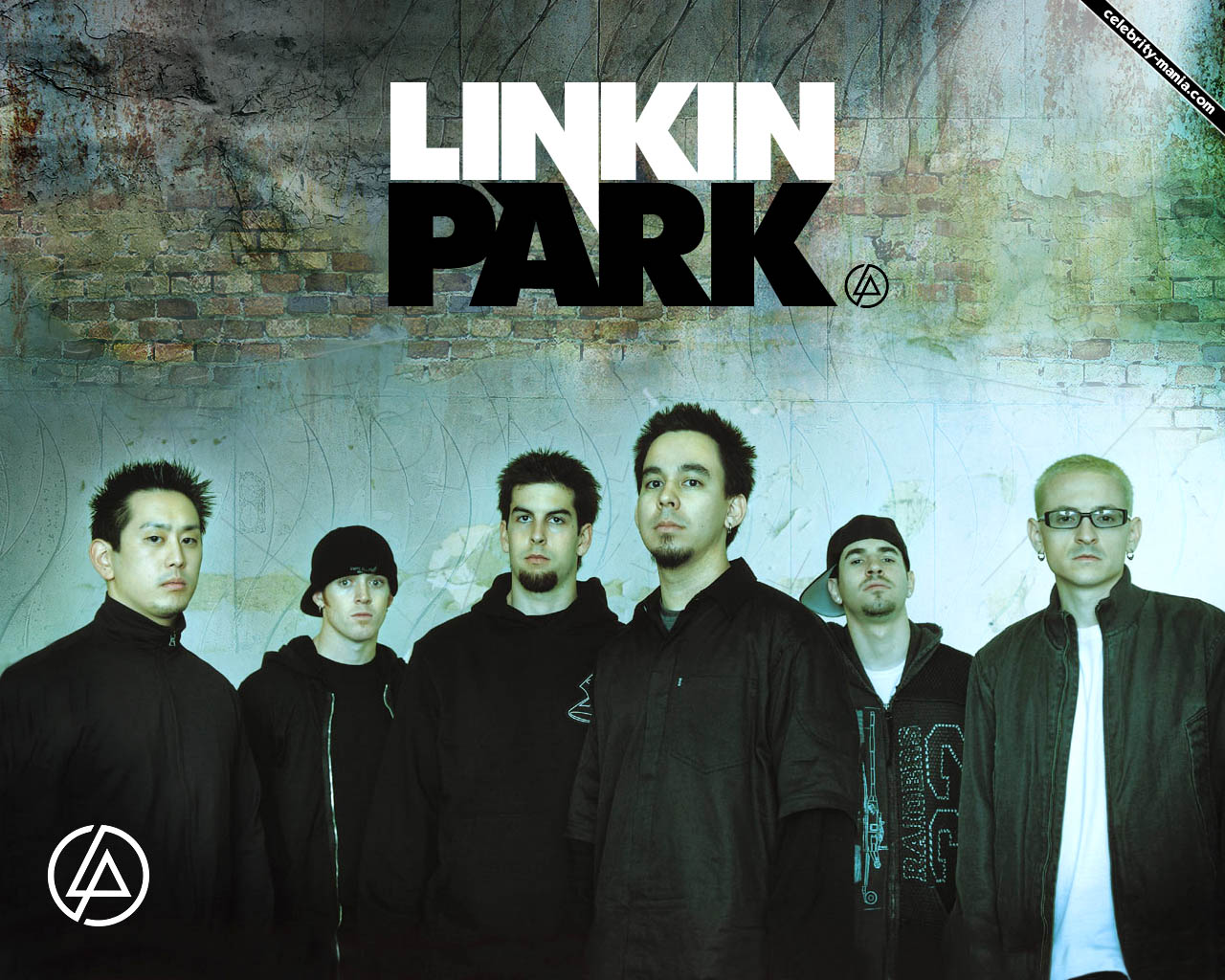

The 1990s was a pivotal and diverse decade for rock music, witnessing the emergence of influential subgenres and the continued evolution of established styles. This era marked a shift towards alternative and grunge movements, as well as the consolidation of other styles that had gained momentum in the previous decades. Grunge, originating from the Pacific Northwest, became a defining sound of the early '90s. Bands like Nirvana, Pearl Jam, and Soundgarden brought a raw and introspective edge to rock music, rejecting the polished sound of mainstream rock. The angst-ridden lyrics and sludgy guitar tones of grunge resonated with a generation, and the Seattle scene played a crucial role in shaping the decade's musical landscape. Alternative rock gained immense popularity, with bands like Radiohead, Smashing Pumpkins, and Red Hot Chili Peppers achieving mainstream success. These artists explored a wide range of sounds, blending elements of rock, punk, and electronic music, contributing to the genre's diversity. Britpop emerged in the UK as a response to the American dominance of grunge and alternative rock. Oasis and Blur became iconic figures, leading a movement characterized by catchy melodies, British cultural references, and a sense of rivalry that fueled media attention. Nu-metal, a fusion of metal, hip-hop, and alternative influences, rose to prominence in the late '90s. Bands like Korn, Limp Bizkit, and Linkin Park brought a heavier and more experimental sound to the mainstream, appealing to a new generation of listeners. Indie rock flourished during the decade, with bands like Pavement, Sonic Youth, and Pixies influencing the alternative music scene. Post-rock, characterized by experimental and instrumental compositions, also gained recognition with acts like Mogwai and Explosions in the Sky. Electronic elements continued to play a significant role in rock music during the '90s. Bands like Nine Inch Nails and The Prodigy incorporated electronic beats and synthesizers into their sound, contributing to the evolution of industrial and electronic rock. The '90s also saw a resurgence of interest in classic rock, with bands like Pearl Jam and Stone Temple Pilots drawing inspiration from the '70s and '80s while bringing a modern twist to their music. In summary, the 1990s was a decade of remarkable diversity in rock music. The emergence of grunge, the rise of alternative and indie rock, and the fusion of genres like nu-metal contributed to a dynamic and transformative period in the history of the genre.